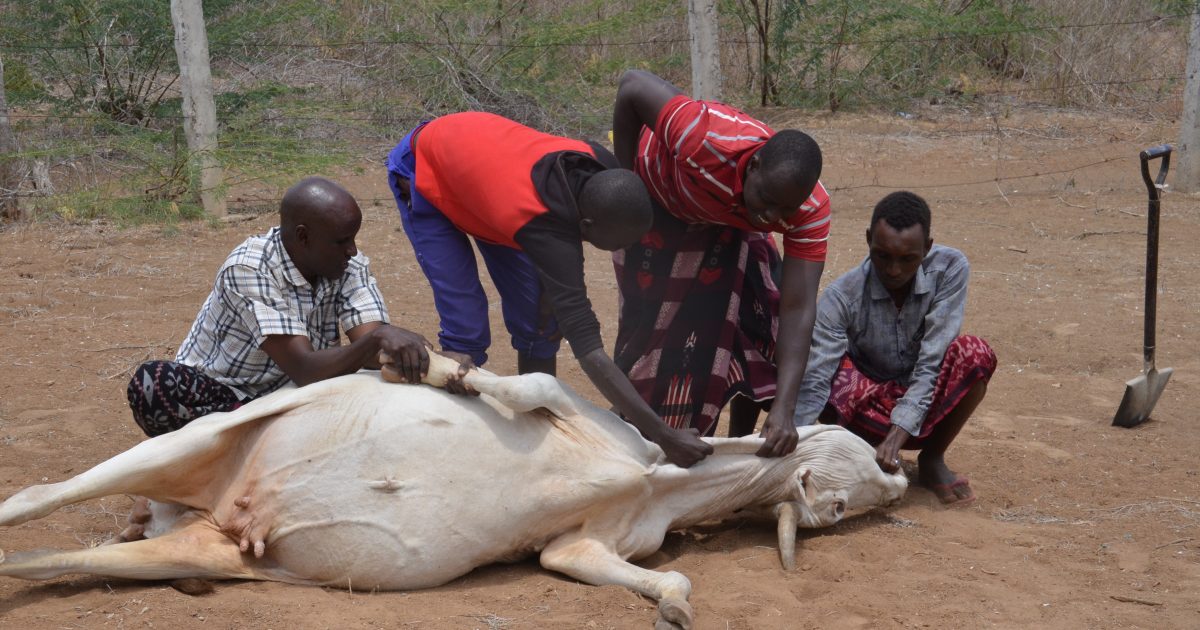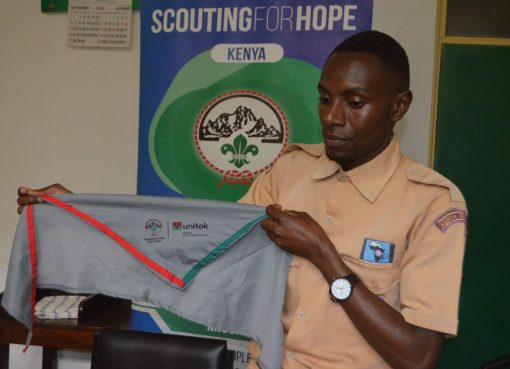The government, through the Kenya Meat Commission (KMC) has rolled out phase two of the national livestock off-take programme in Tana River County, targeting 730 cattle.
The exercise will be carried out by the Kenya Red Cross Society in the next 16 days.
Phase two of the livestock off-take programme targets livestock from 14 counties and communities severely affected by the ravaging drought.
Tana River County, Kenya Red Cross Coordinator Gerald Bombe said in the first phase that lapsed in August they slaughtered 525 livestock.
The exercise kicked off Friday in Kalkacha, Galledyetu sub-county, where eight cattle were slaughtered.
Farmers who sell their livestock are paid Sh15, 000 for one cattle and Sh3000 for goats and sheep. They receive their cash through mobile-money cash transfer. Ten vulnerable families share amongst themselves meat from one cattle.
“The community is helped both ways, some get meat, others get money. Today we started in Kalkalcha and we are heading to Chewani village and Tana North Sub-County,” said Bombe.
To ensure the meat is safe for human consumption, Bombe said in terms of quality, they do not do it alone, as KMC has been brought on board to supervise the whole exercise.
“We also have veterinary doctors, livestock and public health officers in our midst,” he added.
The coordinator further revealed that if livestock had been slaughtered, but their meat declared unfit for human consumption, it will be safely disposed of and the farmer paid.
During this off-take programme, NDMA identifies hard-hit areas in liaison with the respective County Commissioner offices to ensure beneficiaries are bona fide residents of the targeted location.
According to the NDMA National Drought Early Warning August bulletin, thirteen counties namely Tana River, Embu, Garissa, Kitui, Makueni, Meru, Narok, Nyeri, Tharaka Nithi, Taita Taveta, Kwale, and Kilifi are in alarm drought phase.
By Sadik Hassan




